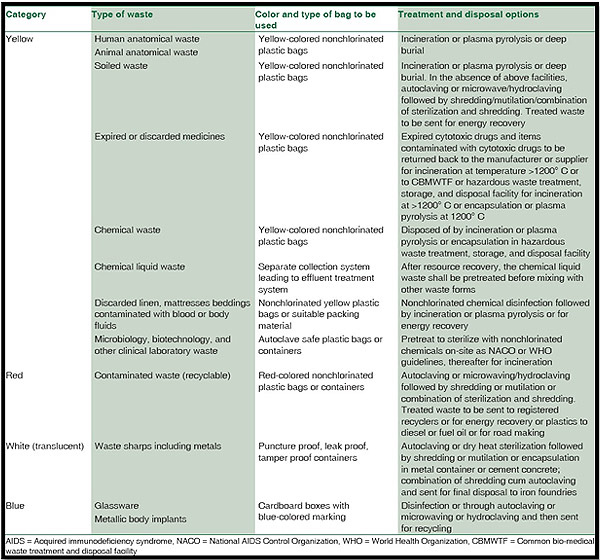About Reclaim Waste
Table of ContentsReclaim Waste Fundamentals ExplainedExcitement About Reclaim WasteThe Reclaim Waste PDFsThe smart Trick of Reclaim Waste That Nobody is Talking AboutReclaim Waste Fundamentals Explained
Explore the kinds, events, and kinds of liquid waste. Domestic sewer waste refers to the waste and items from a domestic septic system. This sort of waste is developed by human beings in homes, institutions, and other structures. This only consists of sewage-disposal tanks that have a drainpipe area. The correct management and disposal of residential sewer waste require fluid waste to be moved to a sewer treatment plant where the proper approaches and equipment are used to detoxify and dispose of waste.
Commercial waste frequently consists of prospective threats, such as combustible products or a mixture of fluid and solid waste items, and requires an advanced and comprehensive disposal process. The disposal of business waste commonly includes the filtration of waste prior to transportation to ensure safe and proper disposal. Hazardous waste is created from by-products and runoff of commercial procedures and manufacturing.
This kind of waste can not use the same sewage monitoring transportation or processes as septic or business fluids. The hazardous waste management process requires the assessment and testing of fluid waste before it undertakes the disposal process (industrial wastewater treatment). Overflow waste is the liquid waste that originates from drainage and excess stormwater in very populated locations or cities
Drainage waste can create contamination and flooding if not managed effectively. Guaranteeing correct waste administration can stop disasters and minimize ecological damage.
Indicators on Reclaim Waste You Need To Know
Contact PROS Providers today to find out about our waste management and disposal solutions and the appropriate means to take care of the fluid waste you produce.
(http://peterjackson.mee.nu/where_i_work#c2441)Do you understand what happens to your water when you disengage, purge the bathroom or drain the cleaning maker? No? Well, it's worth recognizing. This so-called 'wastewater' is not just an essential resource yet, after treatment, will certainly be released to our land, rivers or the sea. Used water from commodes, showers, baths, kitchen sinks, washings and industrial procedures is referred to as wastewater.

water utilized to cool down machinery or clean plant and tools). Stormwater, a form of wastewater, is drainage that flows official website from farming and city locations such as roofs, parks, yards, roads, courses and seamless gutters into stormwater drains pipes, after rainfall. Stormwater flows neglected directly to neighborhood creeks or rivers, eventually getting to the sea.
The Basic Principles Of Reclaim Waste
In Queensland, a lot of wastewater is dealt with at sewer treatment plants. Wastewater is moved from domestic or commercial sites via a system of sewage systems and pump terminals, called sewerage reticulation, to a sewer treatment plant. Local governments develop, preserve and operate most sewage treatment plants. Operators are licensed under the Environmental Defense Act 1994 to discharge treated wastewater at an acceptable environmental criterion into waterways.
The Department of Natural Resources suggests city governments regarding managing, operating and keeping sewage systems and treatment plants. In unsewered areas, neighborhood federal governments might require householders to mount specific or house sewer therapy systems to treat domestic wastewater from toilets, kitchens, bathrooms and laundries. The Division of Natural Resources authorizes making use of household systems when they are verified to be effective.
Most stormwater gets no treatment. In some new subdivisions, therapy of some stormwater to eliminate litter, sand and crushed rock has actually started using gross toxin traps. Wastewater treatment occurs in 4 stages: Removes strong matter. Bigger solids, such as plastics and other things wrongly released to sewage systems, are eliminated when wastewater is travelled through screens.
Wastewater after that flows right into big containers where solids work out and are gotten rid of as sludge. Grease and residue are skimmed from the surface area. Uses little living organisms recognizes as micro-organisms to damage down and get rid of remaining liquified wastes and great particles. Micro-organisms and wastes are included in the sludge. Removes nitrogen and phosphorus nutrients that could create algal blooms in our rivers and threaten water life.
Fascination About Reclaim Waste
Nutrient removal is not offered in any way sewer therapy plants due to the fact that it calls for pricey specialized tools. It is coming to be more usual in Queensland. Clear fluid effluent produced after treatment may still include disease-causing micro-organisms. If this effluent is released into waterways such as rivers or the sea, the micro-organisms will ultimately die out.

This typically implies wastewater has to be dealt with or impurities removed prior to it can be released to waterways. A lot of wastewater streams right into the sewage system. Under the Act, city governments provide authorizations and permits for ecologically appropriate activities (ERAs) entailing wastewater releases that might have a neighborhood influence. The department carries out authorizations and licences to ERAs including wastewater releases that could have a local or statewide influence.
Reclaim Waste for Dummies
Monitoring gives valid details about water quality and can verify that licence conditions are being met. The details gotten via surveillance provides the basis for making water quality decisions.